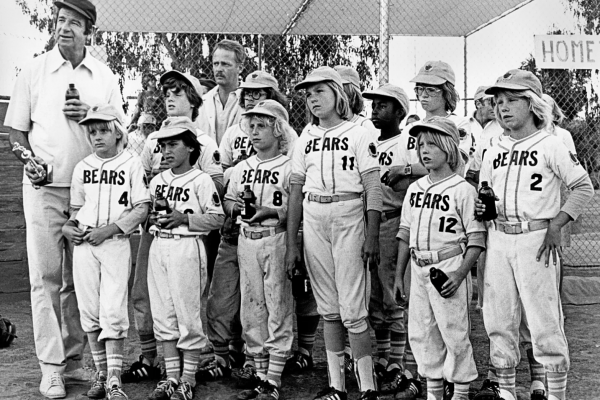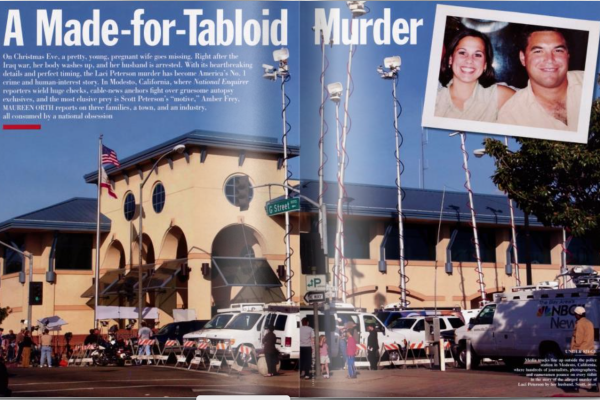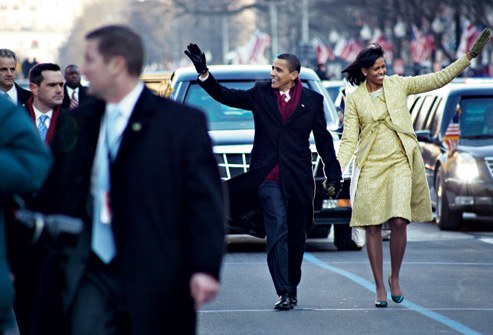Original Publication: Newsweek, April 30, 1973
One day in 1927, Maybelle, Sara and A.P. Carter entered an old warehouse in Bristol, Tenn., unpacked their guitars and autoharp and gathered round a microphone to sing “Bury Me Under the Weeping Willow.” Neither the Carter Family nor the other singer who recorded that day – the revered Jimmie Rodgers – knew it, but they were making country music’s first successful recordings and giving birth to what has become a $300 million industry.
Since then, the Carter Family has become a legend, and Maybelle Carter is the acknowledged queen mother of country music. After 46 years she’s still going strong, doing a full schedule of live performances with her daughters and her grandchildren, appearing at the White House with son-in-law Johnny Cash, making records and writing songs. “Every country-music performer owes something to the Carter Family,” says E.W. (Bud) Wendell, manager of Nashville’s Grand Ole Opry. “Their influence is so great it can’t be fully measured.”
He’s right. Many of the 300 songs A.P., Sara and Maybelle Carter “worked up” together have become modern classics, like “Wabash Cannonball,” “Will the Circle be Unbroken” and the family theme song, “Keep on the Sunny Side.” Nashville’s savviest pickers still strum a variation of Mother Maybelle’s “church lick” style on the guitar, and contemporary country groups attempt undated versions of the pure Carter sound, which is actually closer to traditional Scottish and English folk songs than the nasal twang of country singers who later tried to imitate them. And today, a vast new audience, particularly on college campuses, recognizes the debt artists like Joan Baez, Pete Seeger and even Bob Dylan owe to the Carter Family.
Their haunting sound comes right out of Virginia’s Clinch Mountains, where Maybelle Addington and her cousin Sara Dougherty grew up together one valley over from Maces Spring, where brothers A.P. and Ezra Carter lived. Sara played the autoharp and guitar, and Maybelle played the guitar and banjo. A.P., who sang but didn’t “pick,” met Sara, and he began to write songs she and Maybelle set to music. After A.P. married Sara and Ezra married the 16-year-old Maybelle, (they are still married today), the trio began to perform at schoolhouses for 15- and 25- cent admissions. But A.P. was convinced they could make their living with their music and got an audition in nearby Bristol, Tenn., with Ralph Peer, the famous RCA Victor talent scout who did pioneer work among both white and black singers in the South. “They cut the songs on a wax cylinder,” Mother Maybelle told NEWSWEEK’s Hal Bruno, “and if you made a mistake they shaved it off. When A.P. told Mr. Peer we’d made a mistake, he told him not to worry, it would sound human.”
The Carters had no idea they’d been successful until months later when they visited Bristol again and found everyone playing their records. In the next twelve years, the family recorded 250 songs, most of which were “worked up” by the trio. “A.P.’s name is on all of them,” says Maybelle, “but Sara and I did the music.” Did it bother her that A.P. got the credit? “No,” she says, “we always had a three-way split on the money.” The money is by no means in the Beatles class. In those early days artists got few royalties. “We didn’t get rich,” says Maybelle. “Somebody else made more money than we did.”
Awe: In the mid ‘30s Sara and A.P. were divorced but continued to perform together until they retired in 1943. Maybelle then decided to go on with her three daughters, Helen, Anita and June, eventually teaming up with premier country guitarist Chet Atkins. In 1950, they began what became a seventeen-year stint on the Grand Ole Opry and traveled with Elvis Presley’s road show until he quit country music. In the ‘60s, June met and fell in love with a singer who had grown up to the Carter music beamed into his home in Dyess, Ark. – Johnny Cash. They were married, but not before June and Maybelle helped him kick a dangerous pill habit, something he might not have been able to do without them.
Today, Mother Maybelle is in the country-music Hall of Fame and is treated with awe everywhere she goes. A new triple all-star album, “Will the Circle Be Unbroken,” with the Nitty Gritty Dirt Band, shows that Maybelle Carter’s clear, pure voice has changed little in 46 years. Her music has remained unpretentious and geared to make people happy and “morally good.” “Our father always taught us that we weren’t any better than the people who paid a dollar to hear us sing,” says daughter Helen. “When you feel good being onstage, you always have to remember it was those people who put you there.”
This article is typed from the original material. Please excuse any errors that have escaped final proofreading.





No Comments